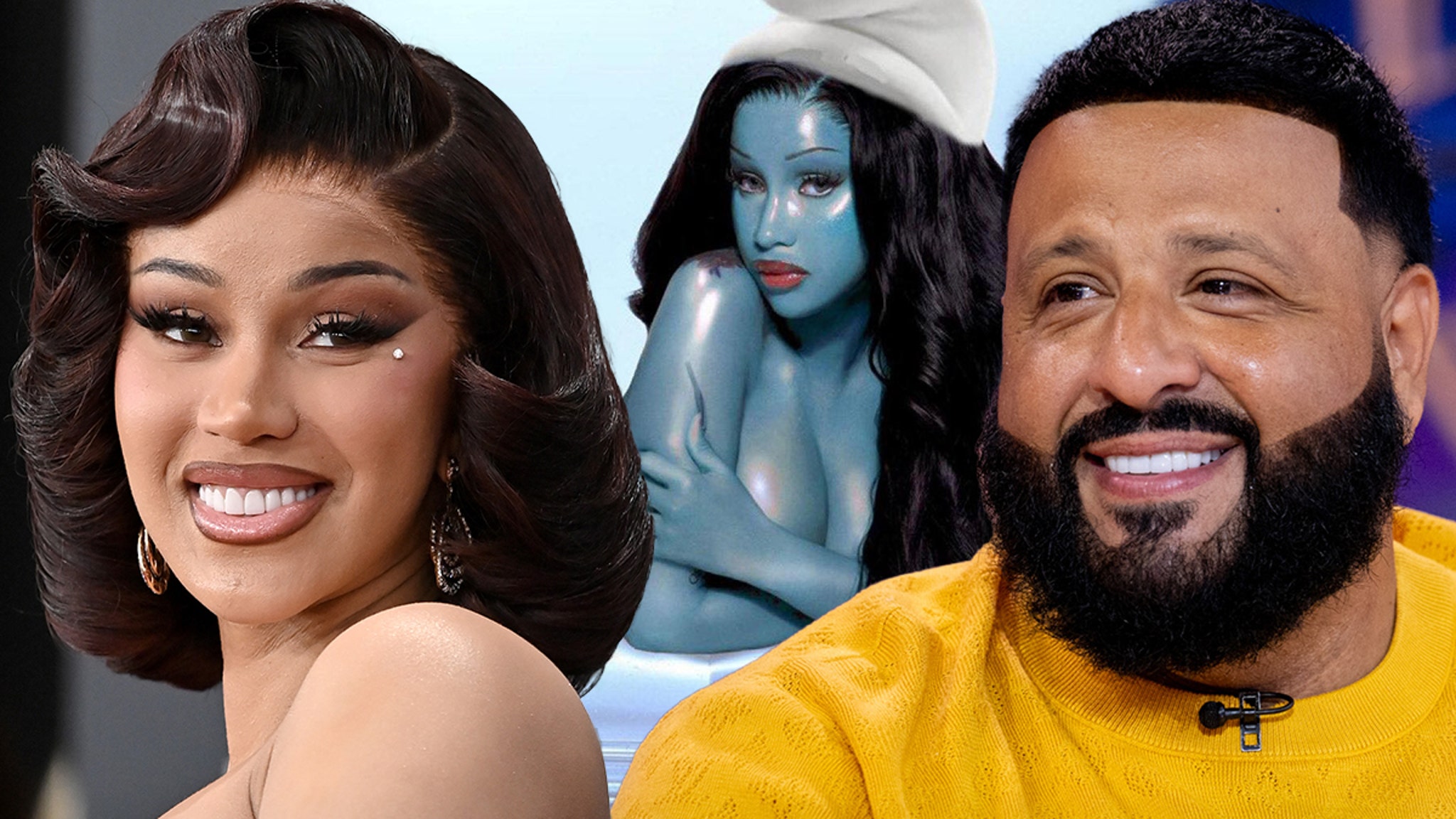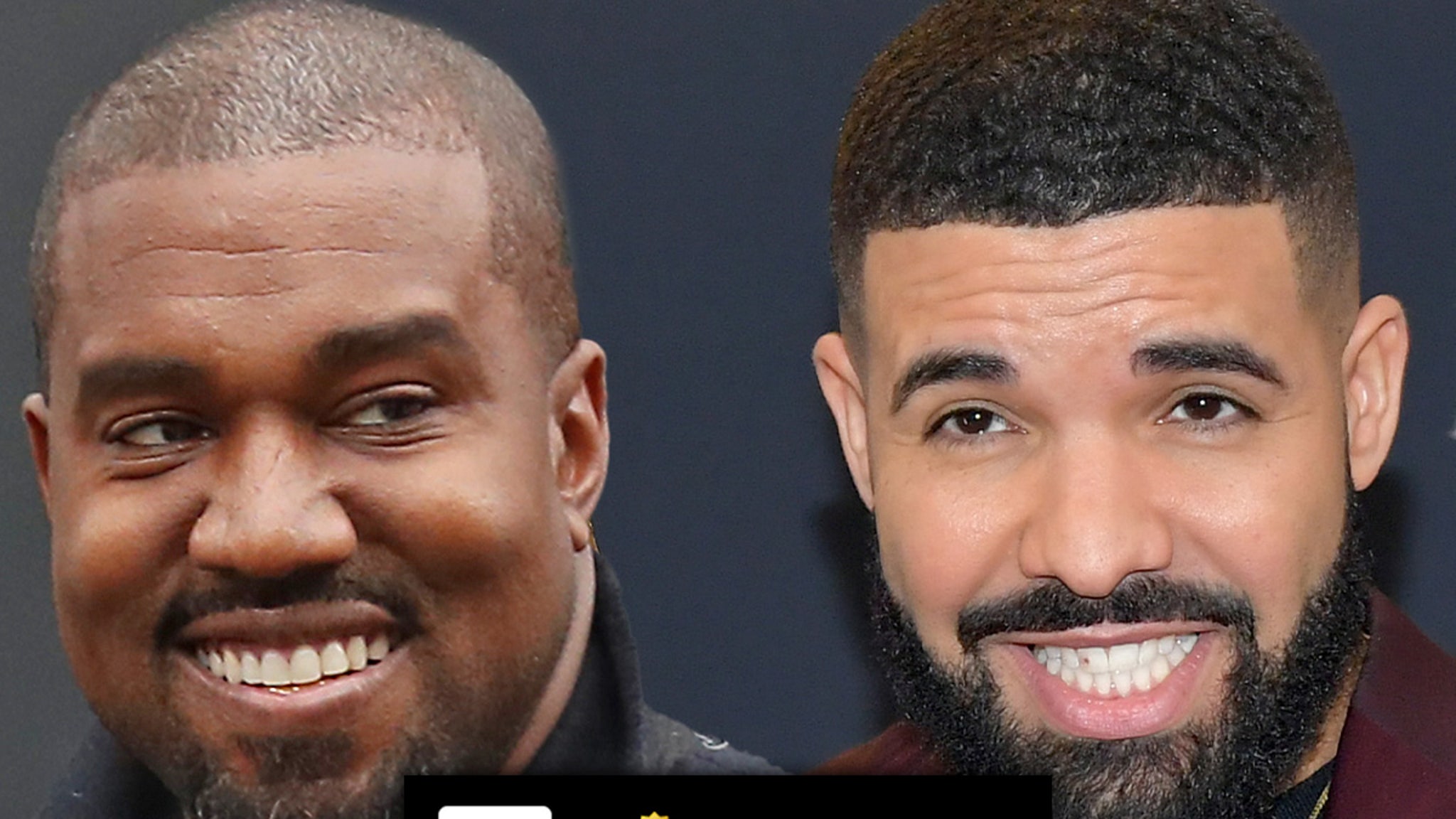Culture
The New ‘Captain America’ Movie Isn’t Great. But Don’t Call Him a D.E.I. Hire.

Sam’s transformation into the Captain could have easily been the M.C.U.’s version of “The Blind Side,” a tale of a Black man’s triumph under the tutelage of the true, original white hero. He also could have been the Uncle Tom Captain, a servile Black man unquestioningly putting his life on the line.
But “The Falcon and the Winter Soldier” explored Sam’s reticence in taking on the mantle of Captain America, given how his Blackness so often marginalized him, made him a target or turned him into a stereotype in the eyes of some of his fellow citizens. The show also introduced a Black super soldier named Isaiah Bradley, who received the super serum like Steve Rogers. But Isaiah never became the lauded hero Steve did; he was made a prisoner and a science project, jailed and experimented on for 30 years. He’s a reminder to Sam of what can happen as a Black man in American, no matter his standing, his strength or his title.
This history and these racial issues don’t magically disappear when Sam gets his own film. Isaiah reappears in “Brave New World” to reinforce this point; he expresses his distrust of the government and warns Sam not to become a puppet for the president to use for his whims. In the movie, Isaiah is framed for an attack on the president, and a throng of police officers chase him across White House grounds and eventually imprison him. Isaiah is slated for execution. Yet again he serves as a reminder that even a Black superhero’s experience is still a Black man’s experience.
By the end of “Brave New World,” Sam has, of course, saved Isaiah, among many others, and proved his mettle in some flashy choreographed fight scenes (with and without his new-and-improved flight suit from the Wakandans). The film plays up his Captain as its own distinct hero, a Captain America with no super serum but better gear, a different temperament and a different style of fighting. (Some of the Captain’s signature flourishes, like the impressive shield-wielding, remain.) Along with Shuri’s transformation into the Black Panther in “Black Panther: Wakanda Forever,” Sam Wilson’s Captain America marks the official start of the next generation of Avengers, a lineup that will include more women and people of color.
It should be the time for such a diverse lineup of heroes, a Black Captain America included. In fact, it should have been the time decades ago. And yet the ultimate irony of Disney’s limited and delayed attempts at representation are that this film (originally slated for a May 2024 release) now lands at a time not only when the president is striking down diversity initiatives, but when many corporations are following suit. Disney is one that is following the trend, having just publicly rolled back some of its D.E.I. efforts.


























